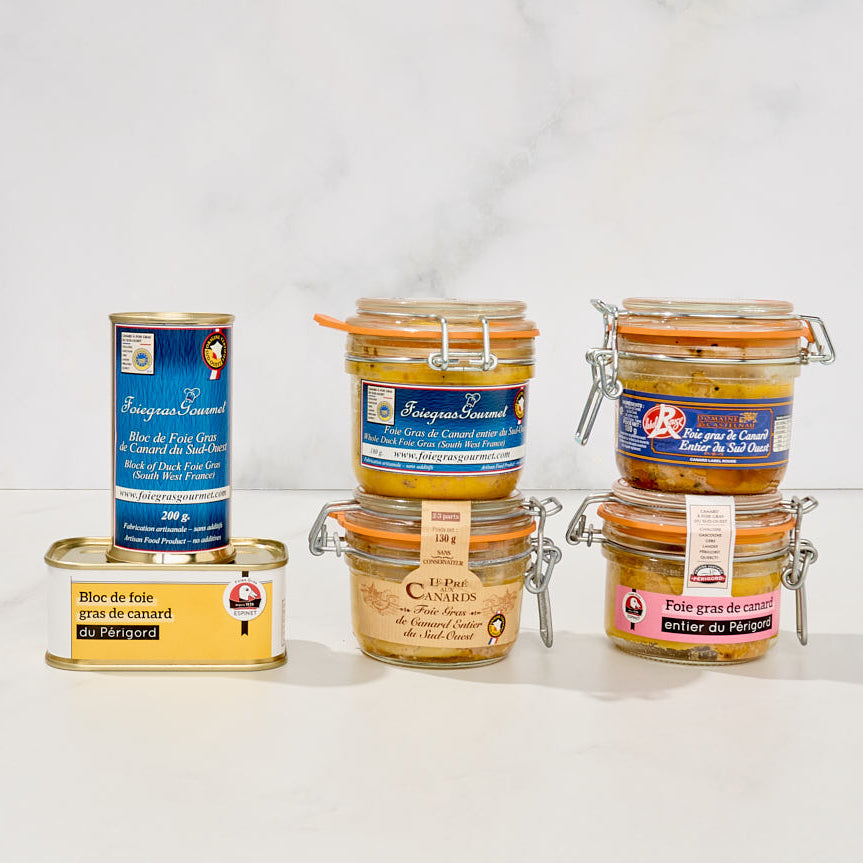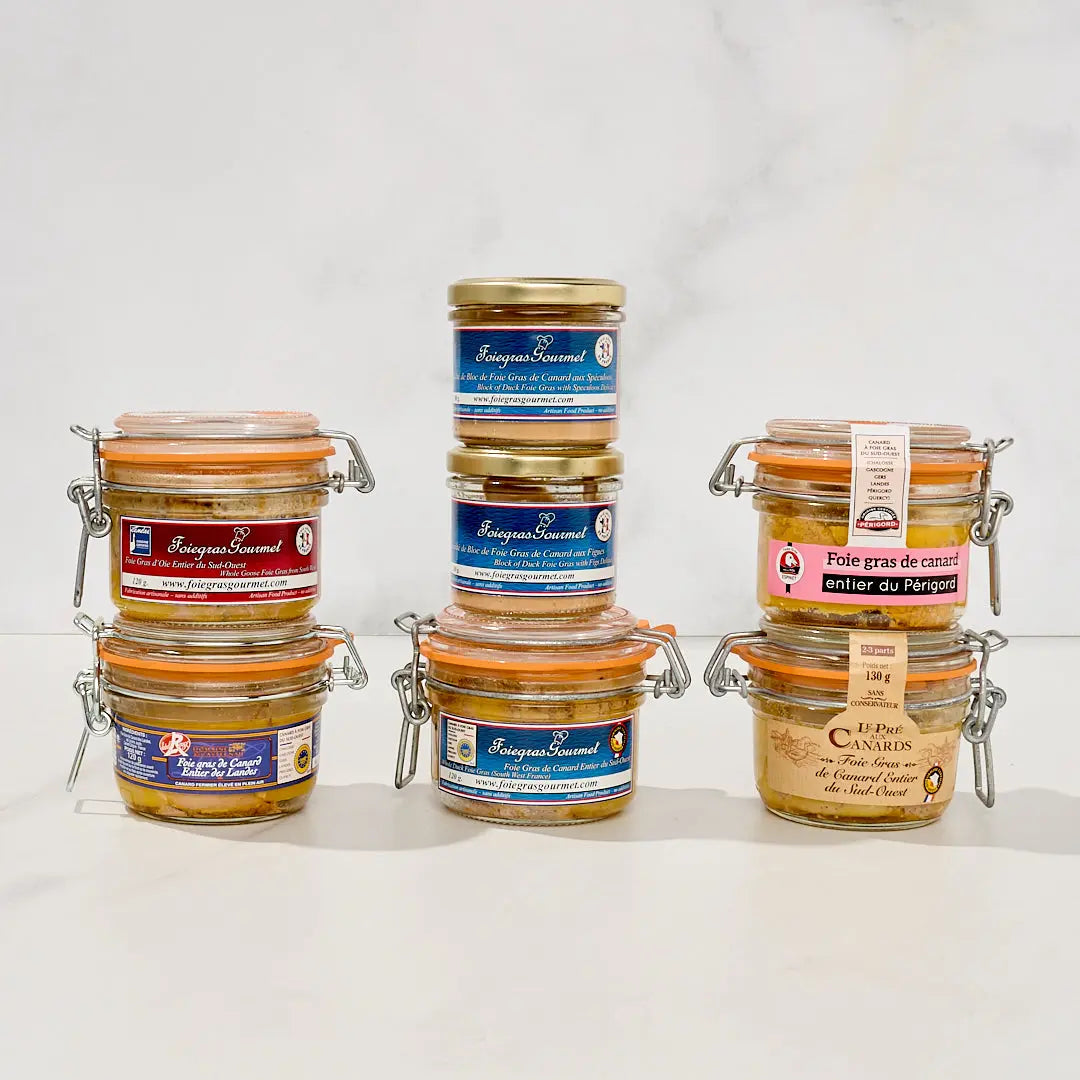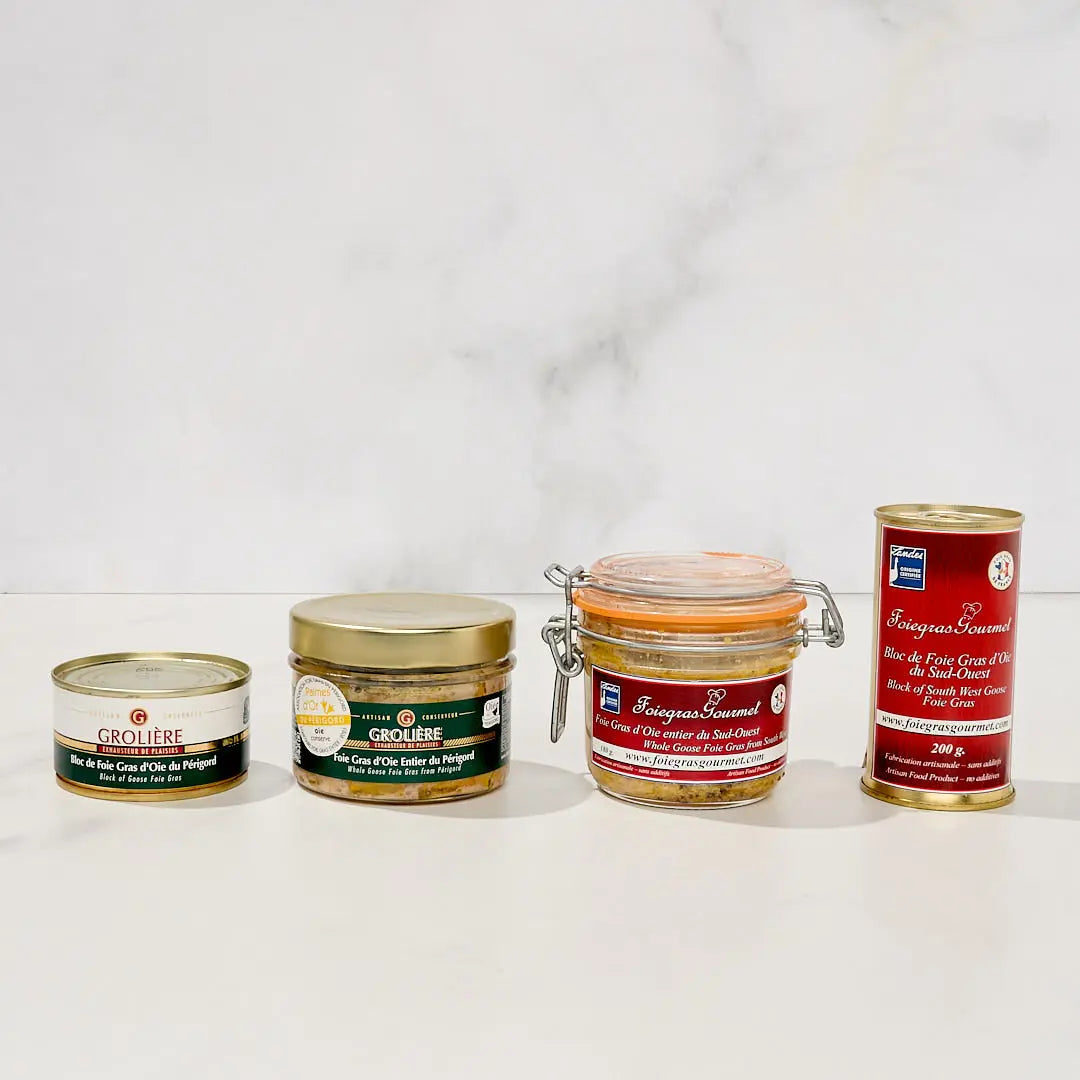Why foie gras is so expensive ?
You love foie gras, France’s favorite delicacy, but can't eat it as often as you'd like because of its price.

So why is foie gras so expensive?
Like champagne, it is not a product to be consumed every day, like a pâté or a standard red wine. Foie gras has always been considered an exceptional dish, and as such reserved for special occasions (like birthdays, Easter, or Christmas).
For almost two centuries, the farmers of the southwest raised a few ducks during the summer each year which they fattened in the autumn ahead of preserving their meat their fat for feed their families during the long winter months. From the livers they made rich foie gras which they either ate themselves at Christmas or sold to tourists and restaurant owners.
The production methods for ducks and geese differ considerably from those for chicken or pigs, which live for the most part crammed into sheds without ever seeing the light of day.
There are quality labels (IGP, label Rouge) attached to certain foies gras and also a charter which details very strict methods for the breeding of ducks and geese. Unfortunately, driven by some videos posted on internet showing cruel images, some countries, or cities like New York City, are thinking of banning foie gras.

However, it must be stressed that such cruelty does not befall birds raised for the production of foie gras on farms that conform to these strict specifications.
These ducks and geese live outside in fields where they can roam freely.
The ducks and geese must have sufficient space, a healthy and abundant diet (consisting mainly of corn from the southwest, together with grass and insects that the birds pick up naturally in the fields).
A duck is raised for about 12 weeks, before being force-fed twice a day for 12 days, while geese foie gras birds are raised for 19 weeks, then force-fed three times a day for three weeks. In the case of geese, more labor is involved since they are fed on average for seven more weeks than a duck and more time is spent by trained and qualified staff fattening them.

The number of ducks or gees a single farmer is able to raise is limited since they have to pay constant attention to their animals to ensure they remain in perfect health. Auditing companies ensure that all sanitary rules are respected, that the gavage process is carried out correctly and that birds are protected and free from disease.
At Foie Gras Gourmet, we believe that foie gras should remain an exceptional product. It is necessary to maintain the extensive controls around production methods to ensure the well-being of animals. As such, we should accept that we need to pay a little more for our foie gras to guarantee the well-being of the animals and allow the producers and their employees to earn sufficient money for a dignified life.

We believe it is better for us to eat less meat, and less foie gras, but when we do indulge ourselves, it is worth paying a little extra to ensure that we are enjoying the best quality products which have been produced using methods that fully respect animal welfare standards.












Leave a comment